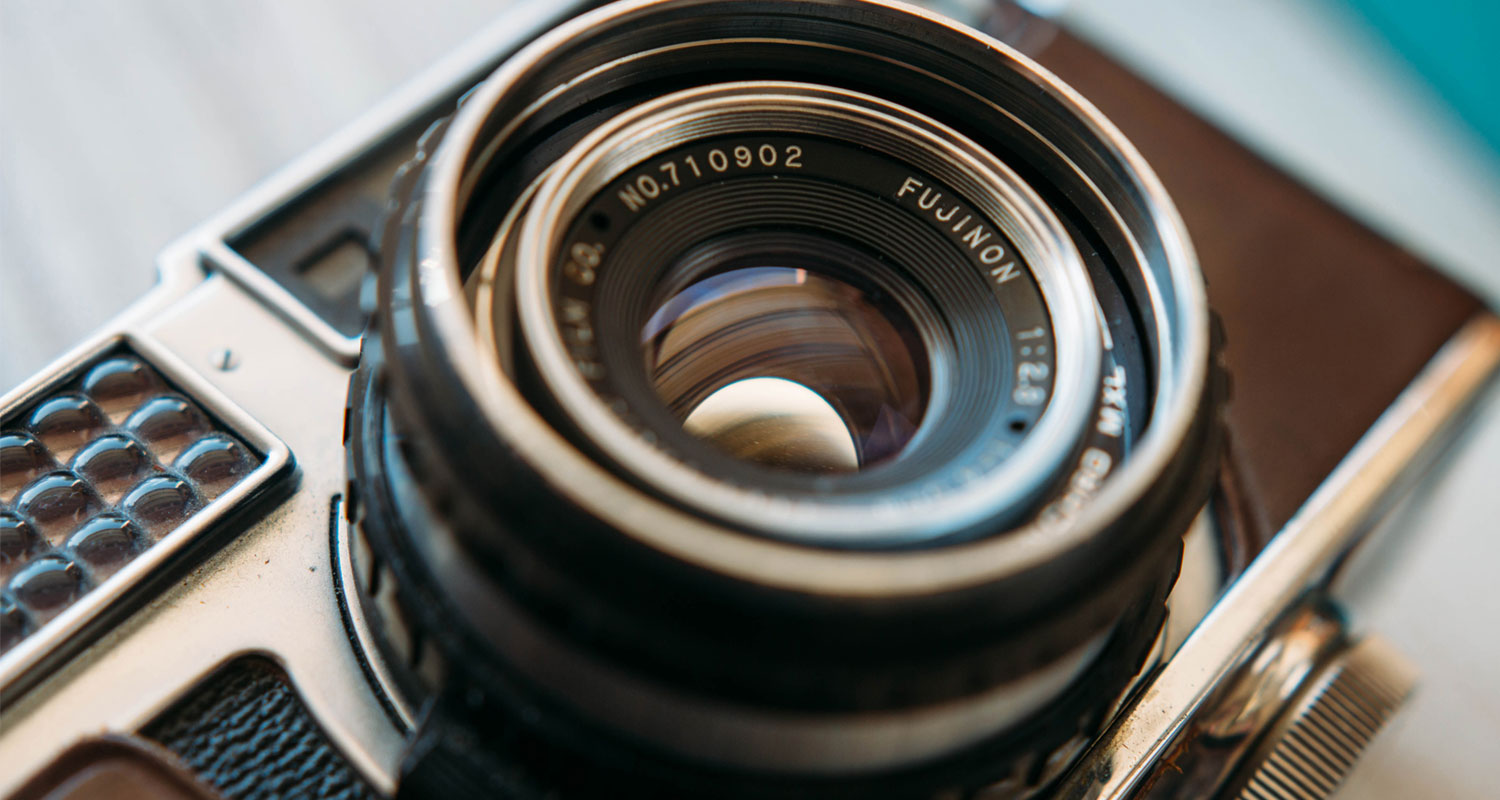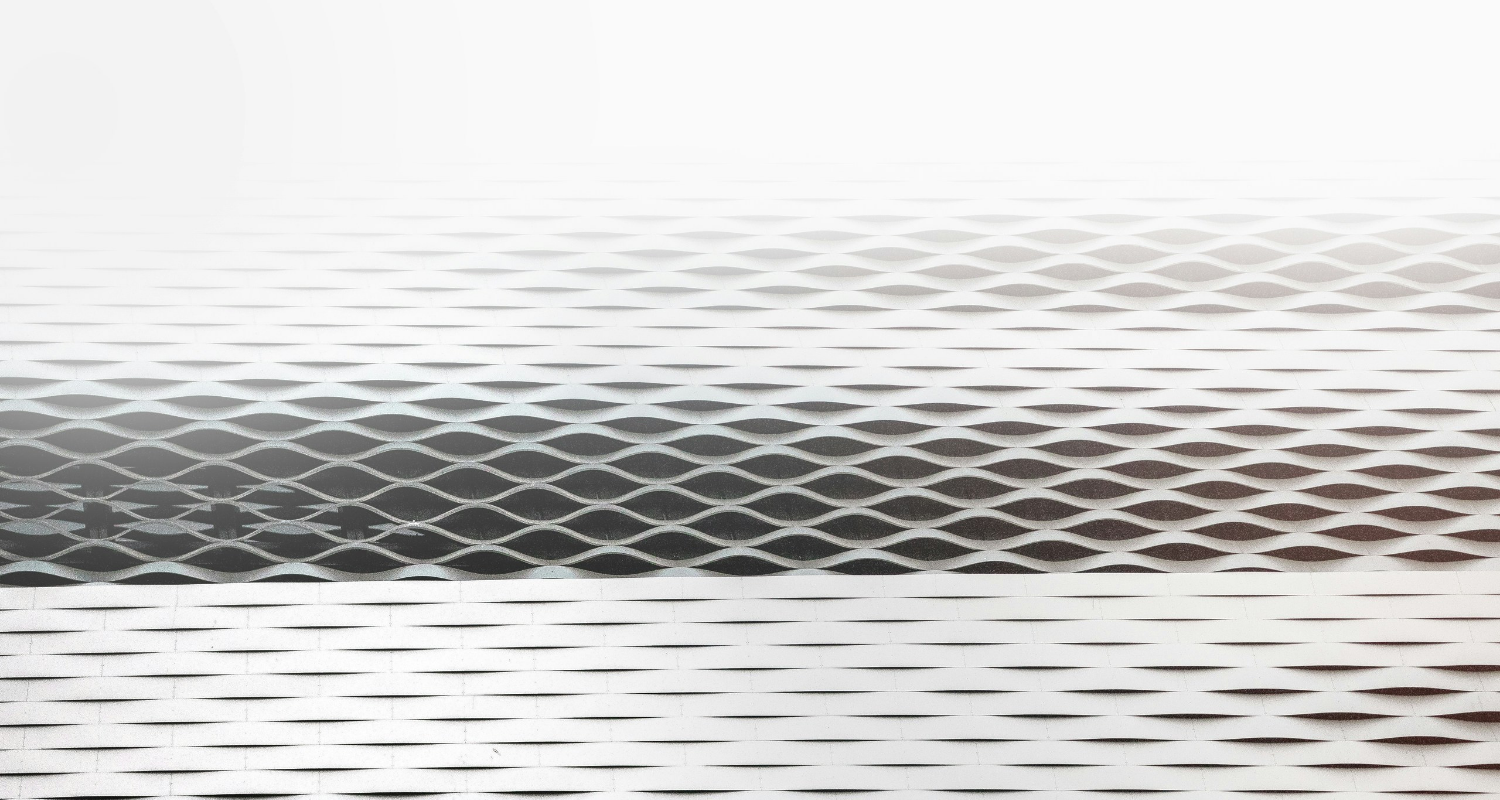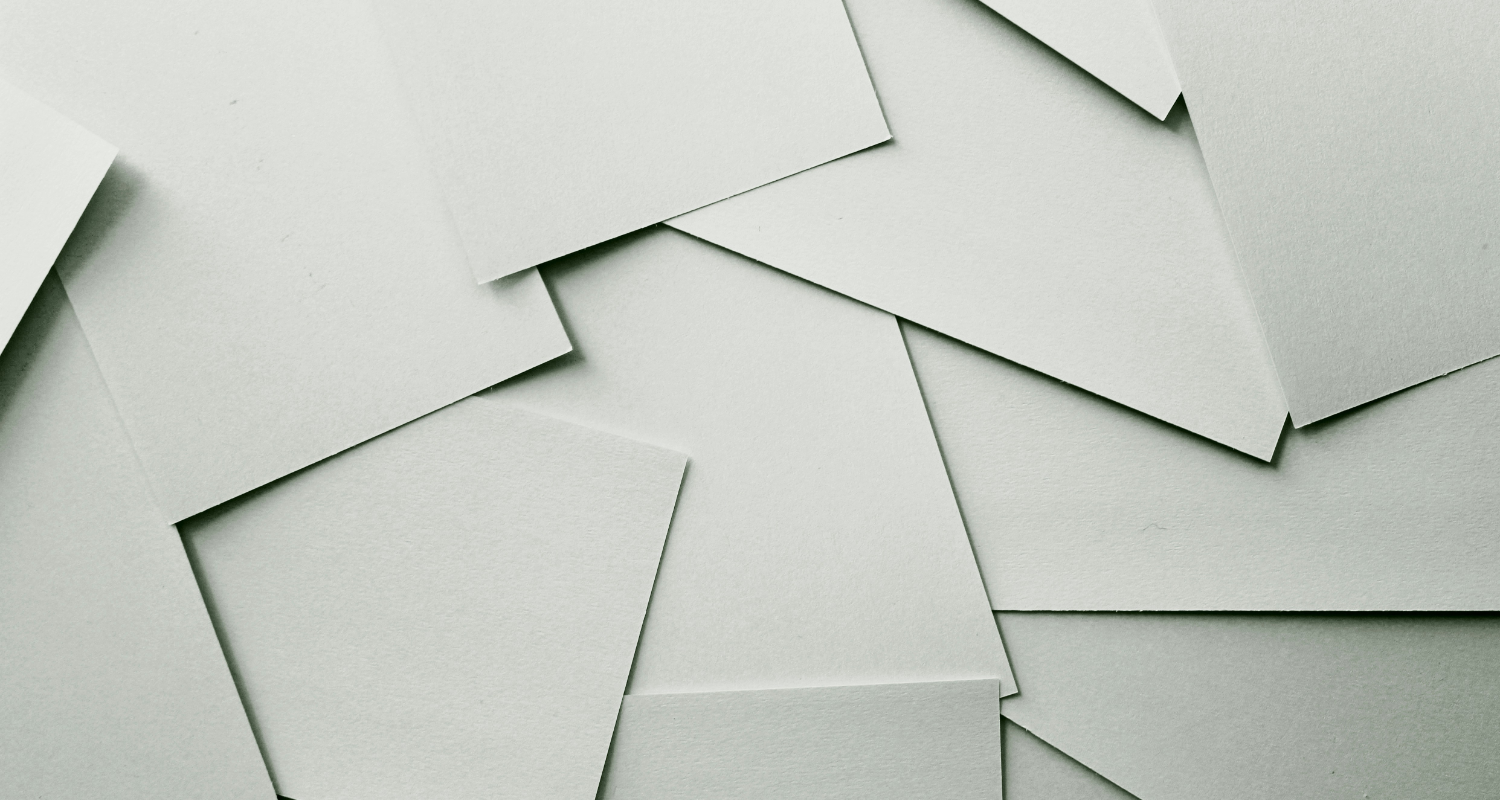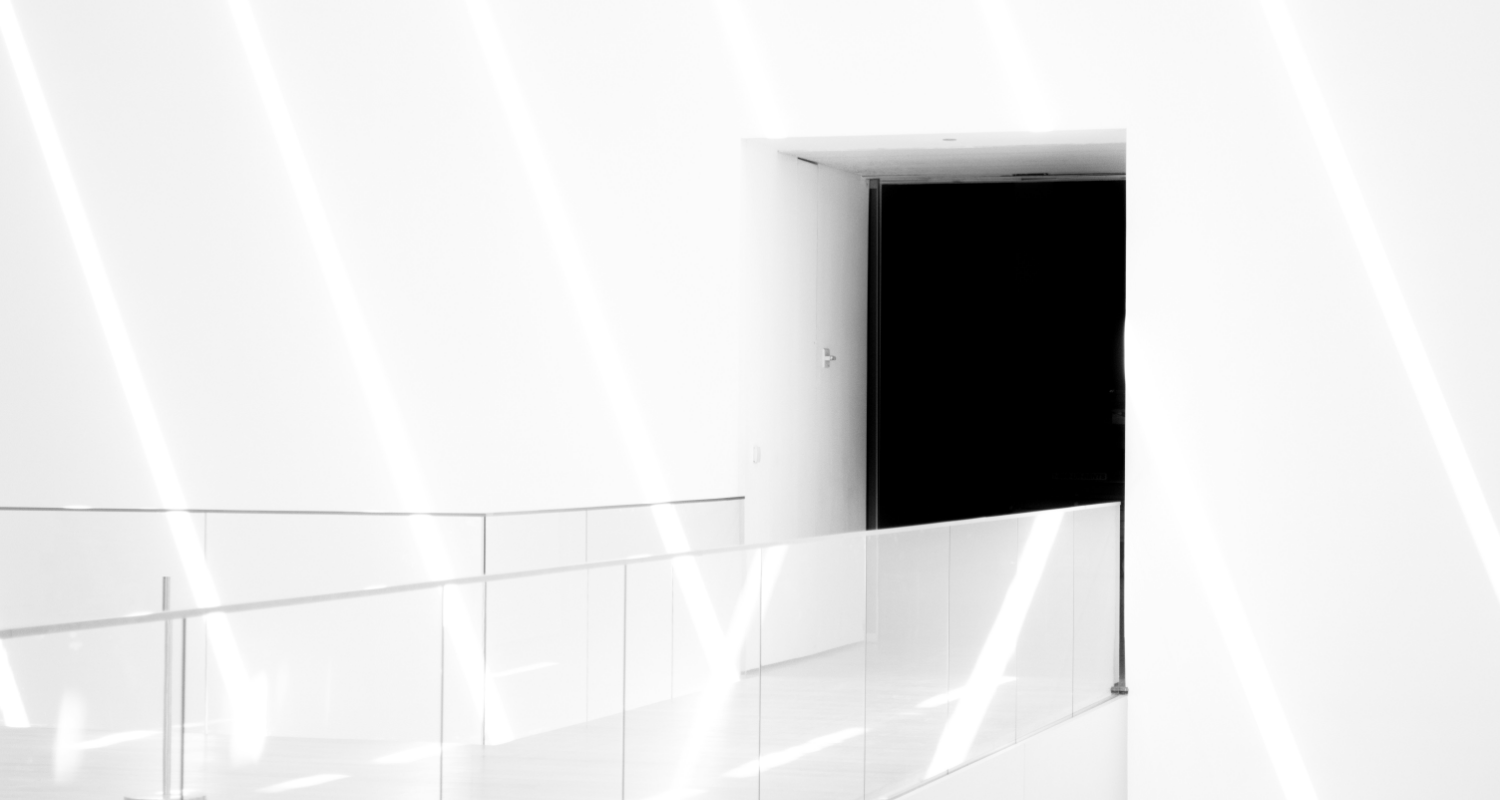Confused about some aspects of product photography?
No worries! I’m here to help. Check out some of my product photography tips, answering some of the most frequent questions we receive at Pixc.
What size should my product images be?
The size of the photo on an online store varies from platform to platform. Some platforms require a minimum size, but it comes down to the technical requirements of the template for your ecommerce store.
We always suggest that the image be at least 1000px on the shortest side of the image, allowing the customer to zoom in and see great detail. eBay recommends 1600px, which is fantastic if you have an image large enough.
What’s the best light source for product photography?
Natural lighting works really well for product photography because it brings out the natural color of the product. On the other hand, artificial light may alter the ‘white light’ that hits the object.
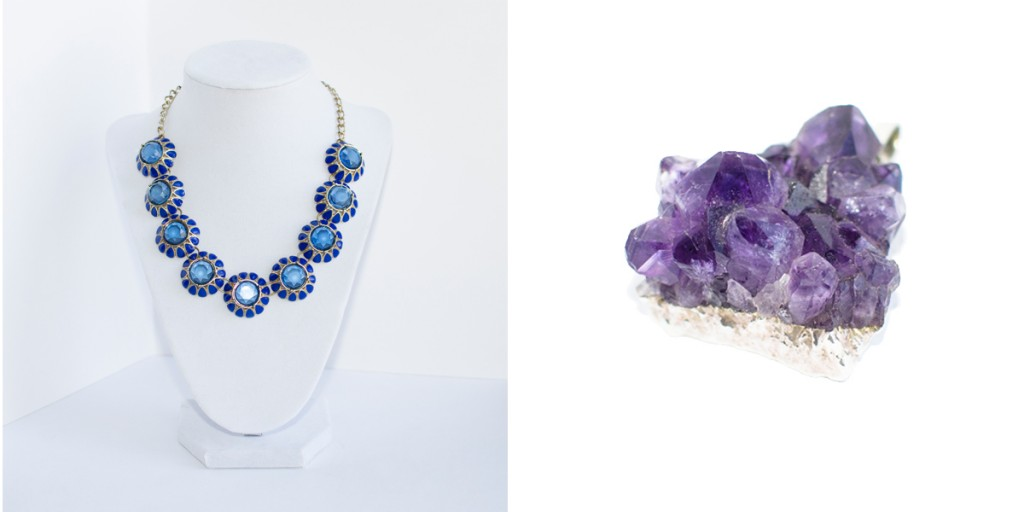
The best thing about using the sun as your light source is that all you need is, well, sunlight. You want to use the sun as an indirect light source, so taking your photos near a diffused window works best.
The best possible setup is a room with windows on opposite sides — you’ll be able to effectively light up the entire photo as well as the product.
In a setup with only artificial lighting, using a flash (whether it’s an on-cam flash or an external flash) will light up your product — but you’ll need technical expertise to take the photograph without creating harsh shadows on the product.
What equipment do I need for a DIY product photography setup?
You’ll need natural lighting (outside in the shade or near a window), a clean, white background (it can be a wall, piece of paper, cloth, etc.), camera/smartphone, and something to stabilize your camera and product. You don’t need to use a tripod. You can just use a stack of books or a small table.
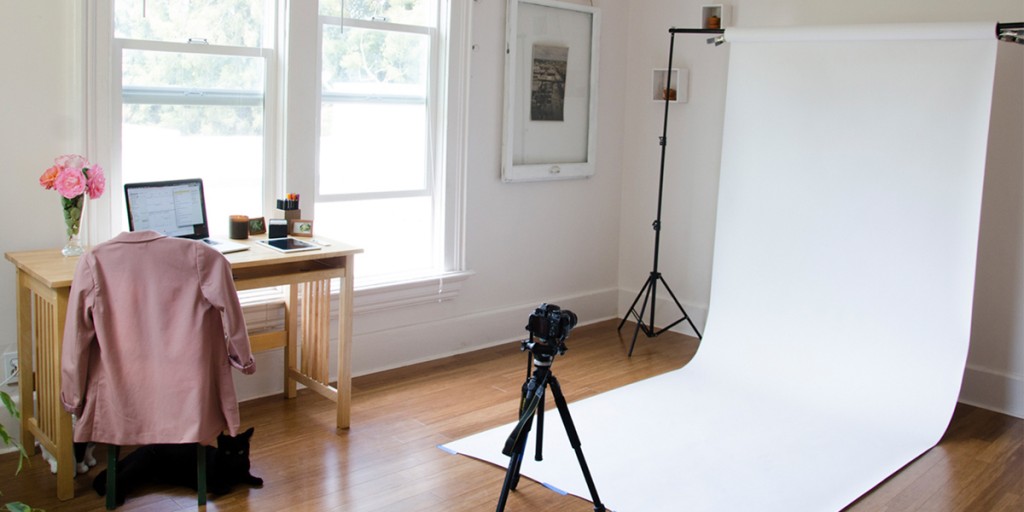
How can I take a good product image with a smartphone camera?
Know your phone’s camera. Taking photos is not as simple as pressing the shutter button. Make sure you learn how to use the focus and metering mode of your camera phone. This can be done simply by tapping anywhere on your phone’s touch screen.
Some newer smartphones, and also some apps, allow you to set your exposure and focus separately. Also, take note of the limitations of your smartphone camera. For example, what setting does it have to be on to take the best photo, and under what setting will it produce a useless photo?
It might take you some time, but it’s best to do multiple test shots so you know what settings work best for you.
Can I take a photo on a white piece of paper?
Yes, you can use a white piece of paper or any clean white sheet for a background. I find sheets a bit better because then you’ve got a smooth transition between the wall and floor, whereas using two pieces of paper will give you a harsh line where the wall and floor meet.
Remember that a white piece of paper is not the same white as the on-screen white you see on your computer. White in a photo appears gray or off-white on a screen. Don’t worry though — you can always remove the background when you edit the photo later.
My items come in multiple colors; do I have to photograph all the item colors?
You can if you want, but it will take up a lot of time and cost a lot of money to manufacture a garment or product in different colors prior to receiving customer orders.
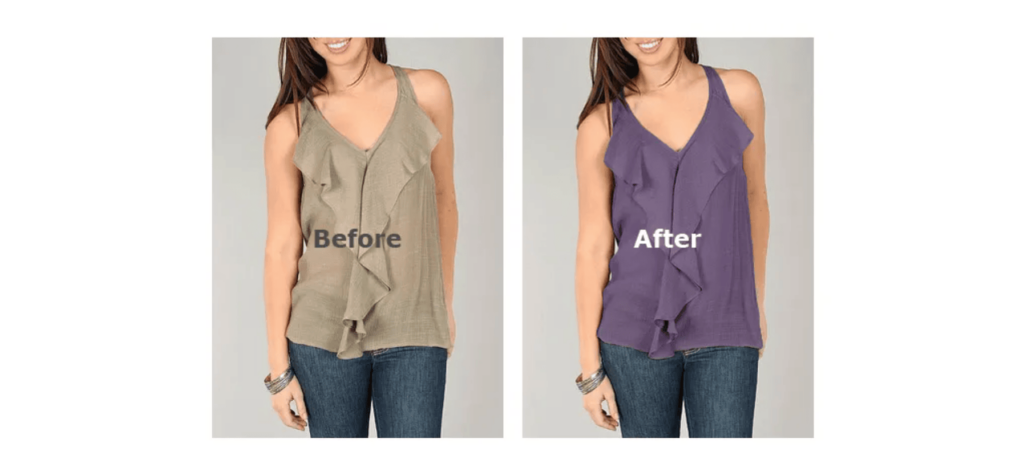
the color of a blouse.
I suggest you take a photo of the original product and the color swatches. The garment’s color can then be changed using photo editing software such as Photoshop. It is harder to do with patterns and textures but it works well with solid colors.
Why should I use a simple background?
Presenting your product in front of a simple background removes distractions and allows your customers to focus on your item. After all, this is what you want them to focus on!
When shooting against a simple background, you should stick to white to avoid ‘spill’ colors and colors that reflect onto your product. This will also help your camera’s white balance calibration, and you won’t lose the best contrast for your photo.
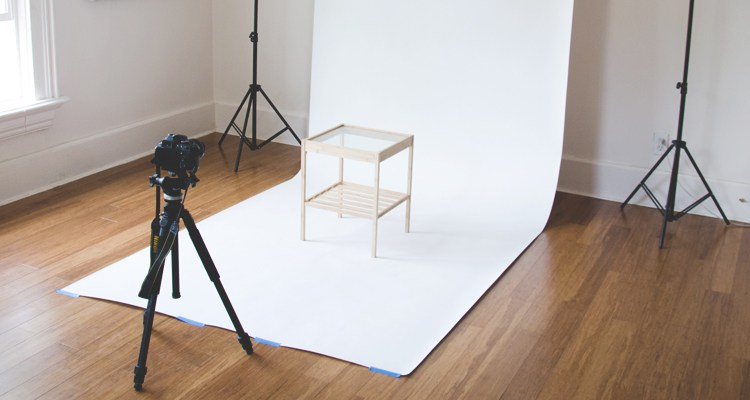
What kind of camera should I use?
You can use any kind of digital camera — just make sure you place your product correctly in a well-lit area. Any DSLR or even a smartphone with a good camera (e.g.., an iPhone 5) can be used to take product images.
If you’re thinking about buying a camera, here are some of my recommendations:
- For a low-range camera (less than $500), go for the Canon PowerShot SX160 IS. It’s affordable, and it has 16 megapixels, so you’ll have high-quality images and image stabilization for a smaller chance of blurry product images.
- For a mid-range camera, I find the Canon EOS 600D to be pretty good. It has interchangeable lenses, full manual capability and a decent high-ISO performance. The price will depend on the lenses you buy, but the most simple kit will give you decent product images.
- For a high-range camera, go for a Canon EOS 5D Mark III. The full frame sensor will give you incredible image quality.
If you take many product photos, a mid-range camera is probably good enough. You’re better off investing the difference between a mid-range and high-range camera body into a good macro lens to capture the finer details of your product.
Should I use more than one photo?
It’s a good idea to have large, clear images from multiple angles. You want to recreate the product’s look for the customer and give the feeling that they have just picked up the product off the shelf.
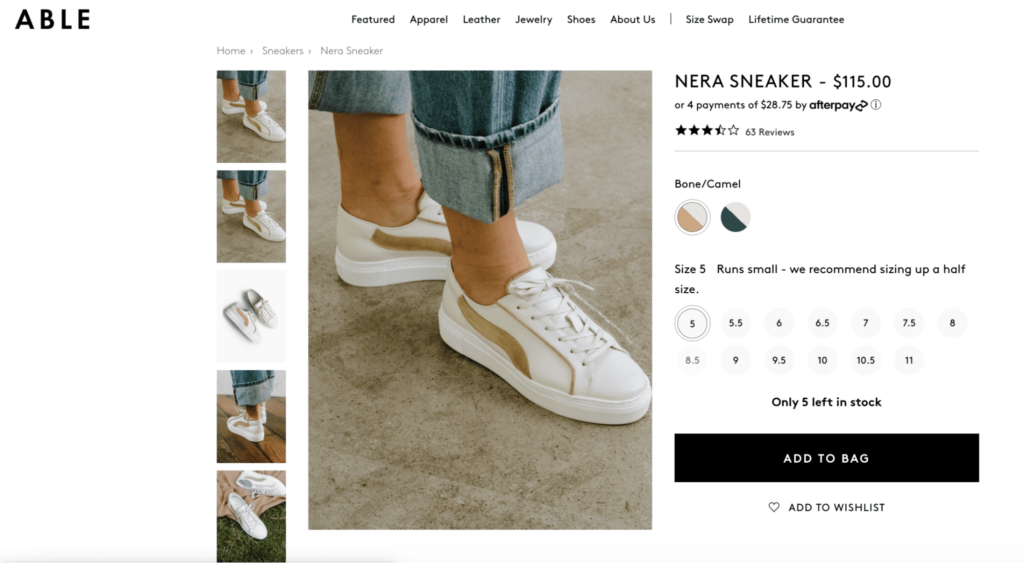
I hope these product photography tips helped you!
If you have any more questions, just leave a comment below, and I’ll comment back with an answer.

